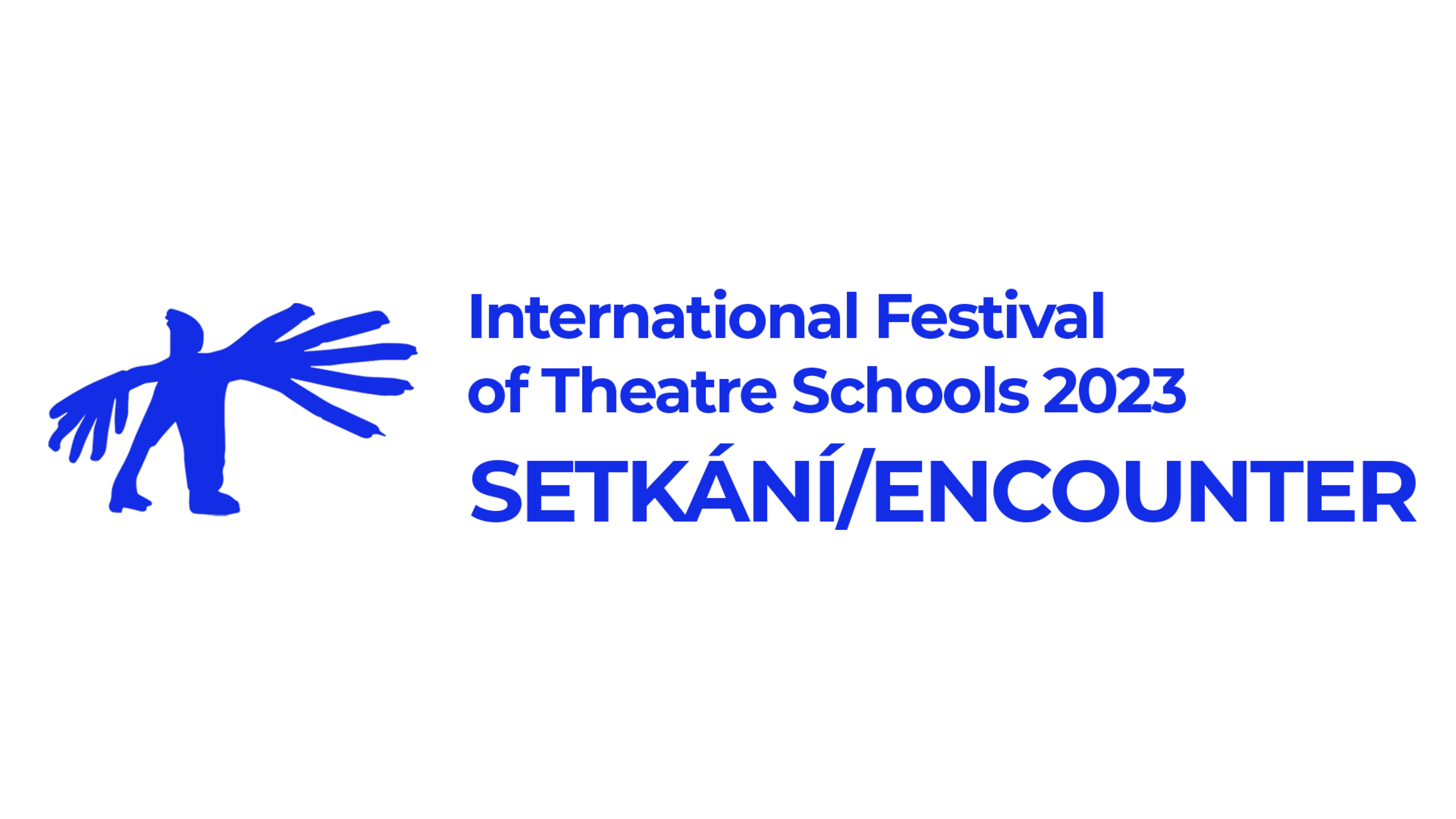
A Cabaret Night Without Borders
On Slovak stages, acting students rarely get the opportunity to experiment. They have the chance to explore cabaret-style performances and devised theatre, yet they seldom take full advantage of it. This contrasts with the production of Psyacha Buda (Doghouse) by the students of the Ivan Franko National University in Lviv, which is far more striking than what we would expect in Slovakia. On stage, they deliver something close to a revolt. They do not perform as individuals but as a perfectly connected group. Speaking of individual performances is almost impossible; despite the actors having the space to express themselves individually, the energy here functions collectively.
We find ourselves at a cabaret evening in the Doghouse, a space reminiscent of an underground bar. The atmosphere is set by a mysterious bartender and an anxious-looking pianist, who accompany the audience from the moment they enter the venue.
The night unfolds with a poetry performance by the collective Bu–ba–bu, whose name encapsulates three key poetic elements: burlesque, balagan, and buffoonery. The actors fully embrace these forms. They fear neither improvisation, nor audience interaction, nor breaking the fourth wall. Eye contact, unexpected words to the audience, and spontaneous reactions to their presence come naturally to them. But where is the limit? When an actor licks a woman’s hand? When performers stand in your personal space, kneel before you, touch you? In the Doghouse, there are no boundaries. Everyone is welcome.
Each actor delivers their text in their own way. Sometimes, they are deeply engaged with the audience; other times, they focus on each other, as if proving that everyone is truly heard. The acting often transforms into performance art, where gestures and movement complement the meaning of the poem.
The actors’ faces are painted white, and their vintage doll-like cabaret costumes give them both anonymity and an eerie presence. Despite their masks, they reveal a part of their souls. Few things are as emotionally charged as the recital of poetry. They do not play characters – despite their masked faces, they come across as a collective of young people in revolt, yearning for absolute freedom – and on stage, they achieve it.
They incorporate biblical motifs, such as turning water into wine, while embracing striking contrasts. A sacred image decorates one side of the stage, while on the other hangs a colorful Buddhist poster. Everyone is welcome here.
Movement is a key element of the production, and the actors explore its full range. Their dance movements are seductive, characteristic of burlesque, yet also mechanical, reminiscent of puppets. They incorporate elements rarely seen in our theater scene. They are also musically skilled, seamlessly switching between instruments such as drums, bass, and accordion. No one is merely part of the band – each performer gets their moment in the spotlight, and they take turns in the background providing live music.
Step into the Doghouse. Be free. Be vulnerable. Be loud. A raw energy emerges between the stage and the audience – one that cannot be described, only felt. Everyone will find a theme, a struggle that resonates with them – and realize that they are not alone.


